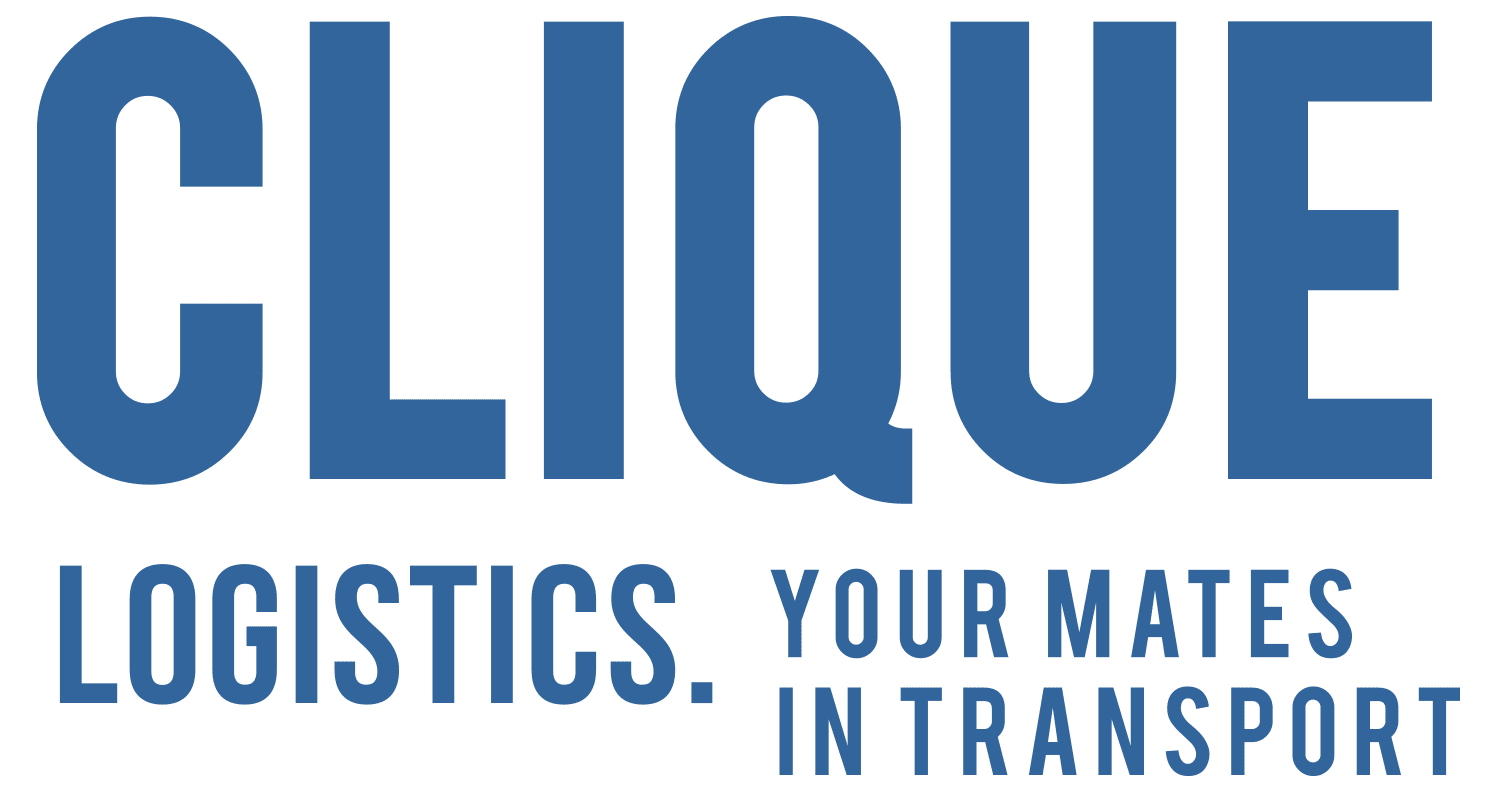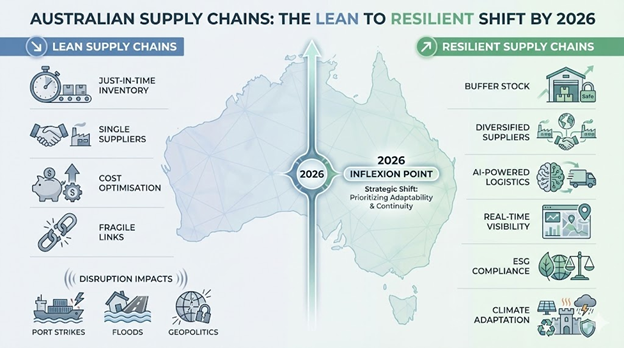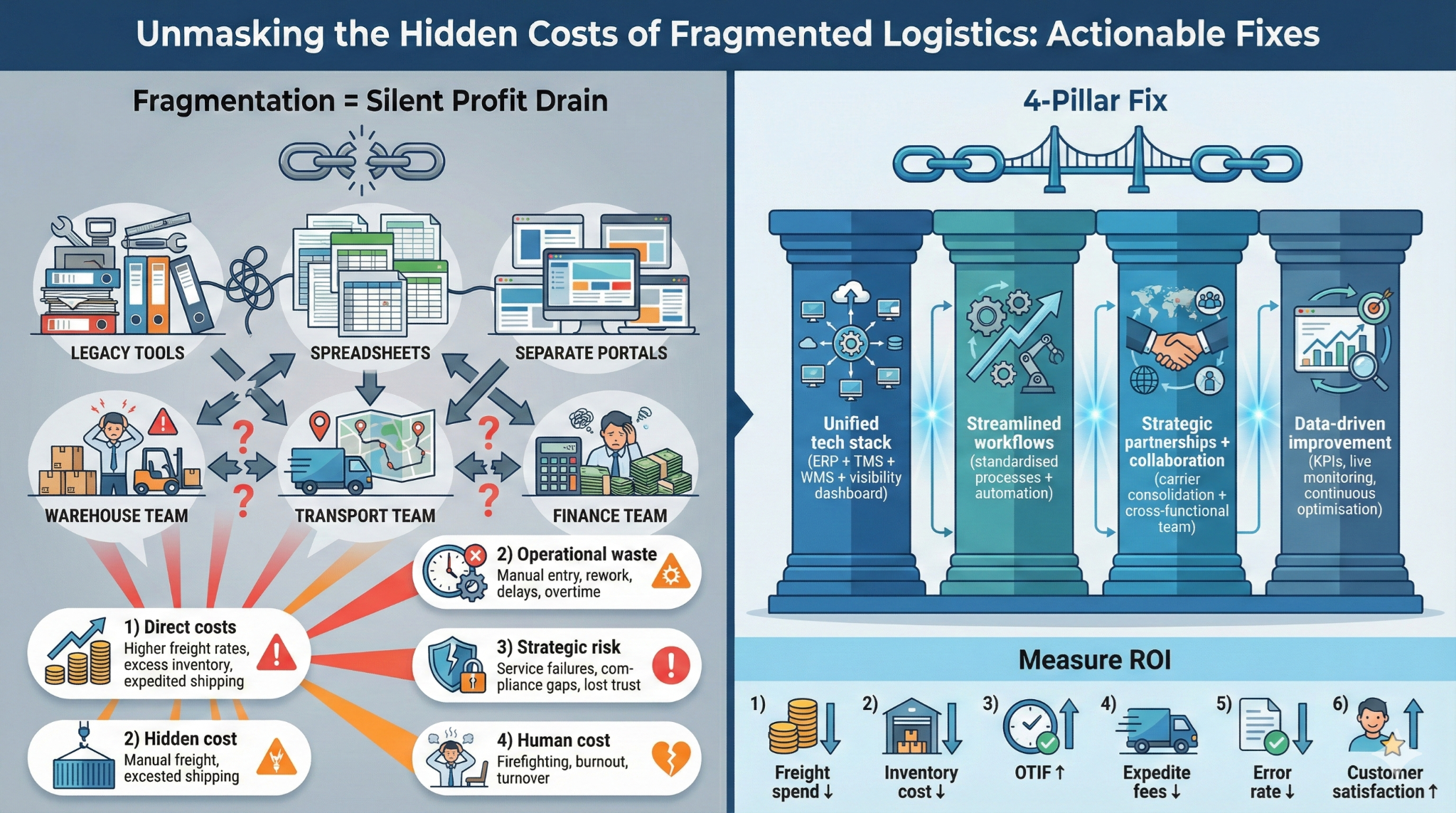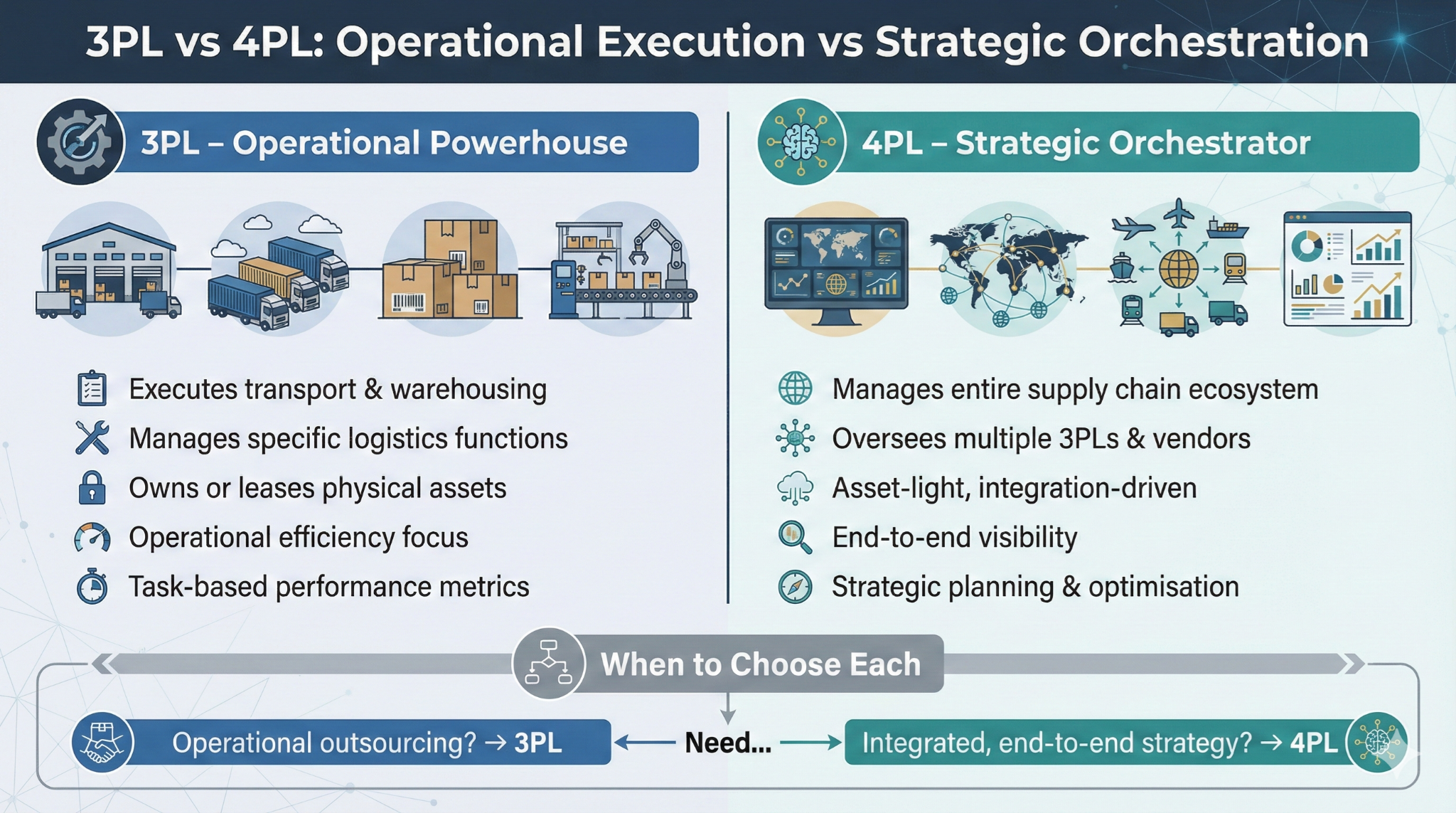It’s interesting how many people overlook the significant role freight brokers play in logistics. As you navigate this complex industry, you’ll find that understanding fundamental duties and best practices can significantly improve your effectiveness. From negotiating rates to maintaining strong relationships, there’s a lot at stake. So, what are the key strategies that can help you thrive in this competitive environment? Let’s investigate the vital aspects that can set you apart.
Understanding the Role of a Freight Broker
Within the realm of logistics, a freight broker serves as a vital link between shippers and carriers.
You’ll find that freight brokers assist in transportation management by negotiating competitive rates and terms on behalf of shippers, ensuring cost-effective solutions. They coordinate logistics operations, skillfully scheduling pickups and deliveries while maintaining communication with all parties involved.
Compliance with industry regulations and safety standards is another key aspect of their role, protecting both shippers and carriers from legal risks.
Furthermore, freight brokers actively monitor shipment progress, resolving any issues that arise and providing timely updates.
Key Responsibilities of Freight Brokers
Freight brokers play a pivotal role in streamlining the shipping process, and understanding their key responsibilities can help you see how they add value to logistics.
In the freight brokerage industry, you’ll find that brokers connect shippers with carriers by evaluating transportation needs, including cargo type and timelines. They negotiate competitive rates, guaranteeing cost-effective brokerage services.
Coordinating logistics involves scheduling pickups, arranging permits, and guaranteeing timely deliveries, all while maintaining operational efficiency. Brokers are likewise responsible for tracking shipment progress and communicating with both shippers and carriers to address issues proactively.
Furthermore, they guarantee compliance with industry regulations by vetting carriers and staying updated on legal requirements, which improves customer service and builds trust in the logistics process.
Building Strong Relationships With Carriers and Shippers
Building strong relationships with carriers and shippers is essential for successful logistics management, as it nurtures trust and guarantees smooth communication. To achieve this, establish open lines of communication with all parties involved.
Regular check-ins and feedback sessions with carriers help maintain a reliable carrier network, boosting service quality. Show appreciation for your carrier partnerships through timely payments and acknowledgement of their hard work.
Moreover, utilising technology for real-time tracking updates improves transparency, making collaboration easier. By building a diverse carrier network, you can better meet your shippers’ needs, enhancing overall efficiency and satisfaction.
Ultimately, cultivating these relationships strengthens your customer base and guarantees a seamless shipping process.
Importance of Effective Communication
Strong relationships with carriers and shippers set the stage for effective communication, which plays a vital role in logistics management. When you communicate effectively, everyone involved in the transportation process stays aligned on shipment details, timelines, and expectations. This minimises misunderstandings and delays.
Regular updates and proactive communication improve transparency, nurturing trust that leads to repeat business. You need to maintain clear channels to address issues swiftly, ensuring quick problem resolution and maintaining shipment integrity.
Leveraging Technology for Better Operations
As logistics demands evolve, leveraging technology becomes essential for improving operations in the freight brokerage industry. By utilising advanced transportation management systems (TMS), you can automate key processes like carrier onboarding, shipment tracking, and invoicing, enhancing operational efficiency.
Real-time tracking technology boosts shipment visibility, allowing you to provide timely updates to shippers and carriers, which strengthens relationships and builds trust. Implementing analytics tools helps you to make educated choices by analysing market trends, shipment performance, and carrier reliability, ultimately optimising logistics operations.
Furthermore, digital documentation solutions streamline paperwork, reduce errors, and improve communication among stakeholders. Automation in quoting and pricing speeds up response times, helping you secure competitive rates and maintain an edge in the freight brokerage market.
Navigating Legal and Regulatory Requirements
Steering through the intricate terrain of legal and regulatory requirements is vital for freight brokers who want to operate successfully.
To begin, you must obtain a valid broker license from the Federal Motor Carrier Safety Administration (FMCSA), which involves a one-time fee and adherence to federal regulations. Compliance is critical; for instance, using electronic logging devices is now mandatory.
Your role likewise includes vetting your carrier network to guarantee all carriers meet safety regulations and insurance requirements, relieving legal pressures on everyone involved.
Stay updated on changing regulations to avoid significant fines and damage to your credibility.
Finally, securing performance bonds or trust fund agreements can help showcase your financial stability and promote accountability in your operations.
Best Practices for Negotiating Rates
Negotiating rates effectively can make a significant difference in your freight brokerage success. Start by researching current market rates and trends using industry reports and freight rate indexes. This knowledge establishes a solid baseline for your negotiations.
Building strong relationships with carriers promotes trust and open communication, often leading to more favourable rates. Be ready to utilise volume commitments and long-term contracts, as these can encourage carriers to provide lower prices.
Utilise data analytics tools to analyse past shipment costs and carrier performance, helping you make compelling arguments for rate adjustments. Finally, communicate clearly about the shipment’s scope, weight, dimensions, and specific requirements to guarantee accurate rate quotes and avoid unexpected costs.
Following these best practices will improve your negotiating rates with shippers and carriers.
Strategies for Tracking Shipments Effectively
To guarantee seamless logistics, tracking shipments effectively is essential for maintaining transparency and efficiency. Here are some strategies you can implement:
- Utilise GPS technology for real-time tracking, keeping shippers and carriers updated on shipment locations and estimated delivery times.
- Adopt transportation management software (TMS) that automates notifications about shipment updates, ensuring everyone is informed of any changes or delays.
- Establish clear communication channels** between shippers, carriers, and brokers to resolve issues quickly and minimise disruptions.
Additionally, regularly analyse shipment data to identify trends and improve your logistics strategies.
Don’t forget to include digital documentation in your tracking process to streamline access to important paperwork, reducing errors and miscommunication.
Adapting to Industry Changes and Trends
As the freight industry evolves, adapting to changes and trends is crucial for brokers who want to stay competitive.
The growth of e-commerce has heightened demand for innovative solutions, pushing you to optimise shipping processes and costs in a fast-paced market. Embracing technological advancements like automation and predictive analytics can improve your efficiency and decision-making capabilities.
Moreover, incorporating sustainability practices and eco-friendly solutions into your offerings is becoming increasingly important. The rise of integrated logistics requires you to streamline operations and collaborate closely with shippers and carriers.
Stay informed about market fluctuations and regulatory changes to navigate pricing volatility and compliance effectively. By remaining agile, you’ll guarantee your success in this dynamic transportation industry.
Enhancing Customer Service in Freight Brokerage
Exceptional customer service is a cornerstone of successful freight brokerage, and it’s vital for building lasting relationships with clients.
To improve your service, focus on these key areas:
- Active Listening: Understand your customer’s needs to provide tailored solutions.
- Timely Communication: Keep clients informed with real-time updates; 70% expect this during shipping.
- Efficient Problem Resolution: Address issues quickly to nurture loyalty; 78% of customers will return after a positive resolution.
Utilising CRM systems can streamline your processes, track communications, and cater to preferences, potentially boosting operational efficiency by 20%.
Conclusion
In the sphere of freight brokerage, you’re not just a middleman; you’re the glue that keeps operations smooth and efficient. By nurturing strong relationships, embracing technology, and staying ahead of industry trends, you’ll guarantee your clients feel valued and understood. Remember, it’s all about making the journey seamless for everyone involved. As you navigate this dynamic environment, keep your focus on enhancing customer satisfaction and building trust—after all, a happy client is a loyal client.




